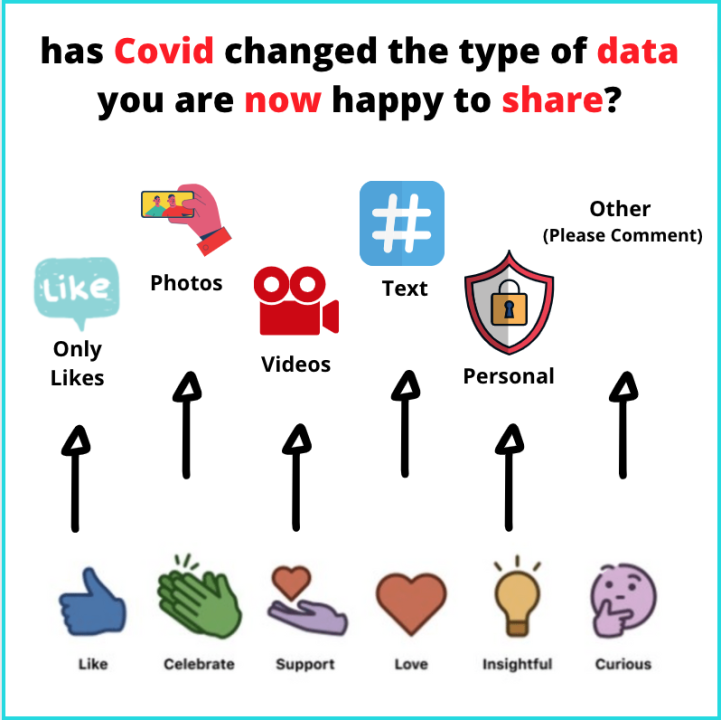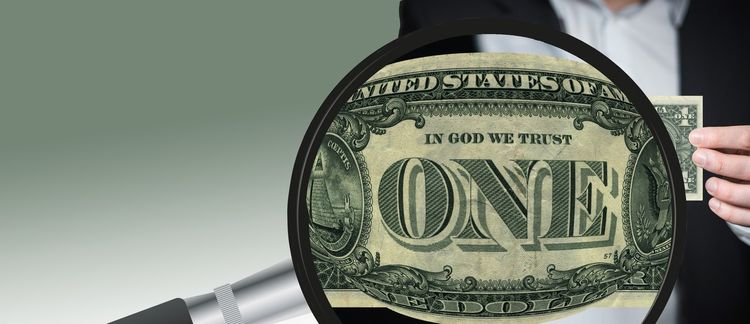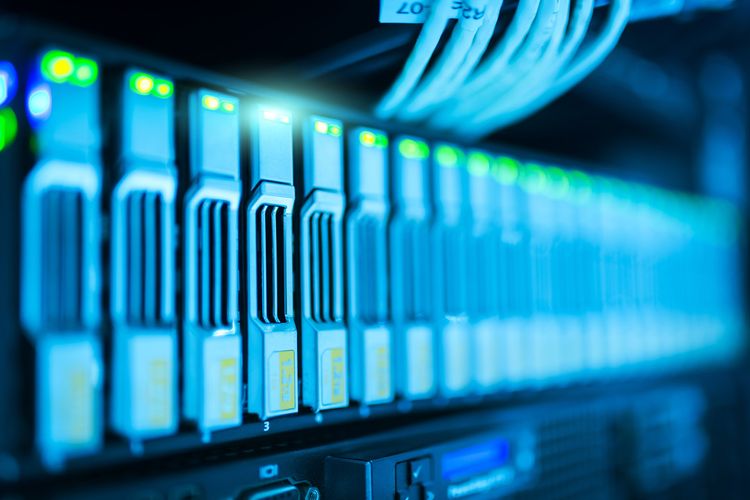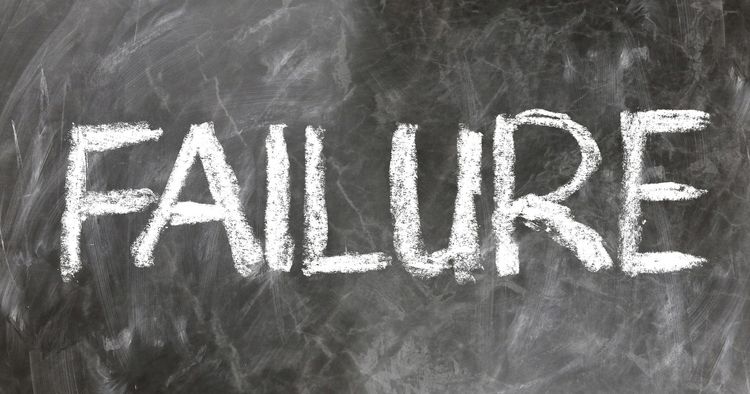How the pandemic has influenced how we think about data

At a recent private Technology Leaders Meet-up organised by the HotTopics, a most insightful debate focused on how the Covid pandemic might have changed our perceptions about data.
The debate saw extremely prominent technologists explore this from two contrasting perspectives: companies versus customers.
But, it is clear that this debate is nothing new. Before the pandemic, it was all about Privacy versus Personalisation: what was more important for us and for the organisations that provide the products or services that we all consume or for the governments and institutions that implement policies or measures for the benefit of our civil societies.
However, through various lockdowns and other implications of Covid, there seems to be an emerging shift: the debate now seems centred between Experience versus Existence.
An incredible case in point was the unprecedented deal - between Pfizer-BioNTech and Israeli government - that has left the whole world baffled about how a country of less than half of the population of NewYork has found itself spearheading one of the world’s fastest Covid vaccination drives and with more vaccines than it can possibly use. It is a deal that now sees this relatively tiny country far ahead of much bigger countries and territories, such as the United States and the European Union, in the frantic race for a way out of lockdowns and restrictions.
Yet, there seems to be a lack of consensus on how institutions and organisations should best treat our data or how the pandemic has influenced how we - as individuals - now think about our data.
Similar to networks - such as a social media platform or a mobile phone network - “data” can be considered amongst a special class of assets that increase in value and in utility when shared. But sharing can be scary - and this is justifiably so given the severe consequences of getting it wrong.
The big question for us now is: how has the pandemic influenced how we think about our data? And how might this situation evolve or change how we think about data ethics in a post Covid pandemic world?
Thank you






Member discussion